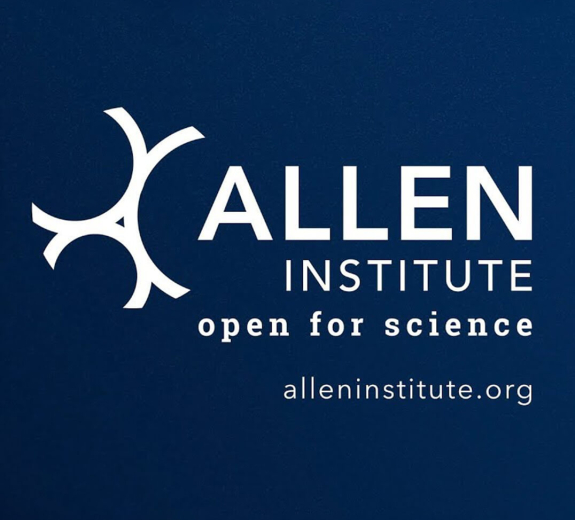
BRI to Partner with the Allen Institute for Immunology, a New Research Endeavor Focused on Human Immune Health and Disease
Partnership with the new Institute will seek to understand what defines a healthy immune system
The Allen Institute today announced the launch of the Allen Institute for Immunology, a new division of the Institute that is dedicated to studying the human immune system. The new Institute will work directly with Benaroya Research Institute at Virginia Mason (BRI) and other leading research organizations to understand the dynamic balancing act of the human immune system, how it senses friend from foe and what goes wrong when we’re ill.
The Allen Institute for Immunology’s goal is to improve human immune health and lay the groundwork for better ways to diagnose, treat and prevent immune-related diseases. In its initial phase, the Institute will focus on studies of three autoimmune disorders, rheumatoid arthritis, ulcerative colitis and Crohn’s disease; and two cancers, multiple myeloma and melanoma. The researchers will also scrutinize the immune systems of healthy volunteers with the goal of understanding what makes a “normal” immune baseline and how to help patients return to a healthy state.
“By unraveling the mysteries of the dynamic immune system in healthy individuals and focusing the same cutting-edge tools on patients in various disease states, we believe we will find new ways to diagnose and ultimately treat disease,” said Thomas F. Bumol, Ph.D., Executive Director of the Allen Institute for Immunology. “We are looking at problems that have large unmet needs. Patients are not only suffering from these immune-based illnesses, patients are dying from some of these disorders, and we would like to change that.”
BRI’s role will be to provide a detailed baseline of knowledge about the normal, healthy immune system, which will serve as a foundation for existing and future disease research programs. To accomplish this, BRI will recruit healthy adults in specific age ranges, 25-35 and 55-65, from the Seattle area. Volunteers will provide health and lifestyle information and donate samples through simple blood draws, then researchers will detail and track their immune systems over the course of at least one year. The goal of the project is to shed light on a variety of factors that can impact the immune system.
“This partnership is well aligned with who we are and what we do; leveraging 20 years of building and utilizing biorepositories to research the immune system in the study of autoimmune disease,” explained Jane Buckner, MD, president of BRI and lead investigator for the project. “Through this new collaboration, we’ll take a closer look at healthy immune systems over time, using targeted cohorts and lifestyle/environmental variables. This approach is unique and unprecedented, and the results will increase our understanding of why people develop a broad range of diseases and disorders. We’re very pleased to have an essential role in this important initiative.”
The Allen Institute for Immunology will build off the model of large-scale team science established by the Allen Institute’s other research divisions and will work directly with samples and data from patients and healthy volunteers, thanks to a unique partnership with established research organizations. BRI joins Fred Hutchinson Cancer Research Center, the University of California San Diego with the University of Colorado Anschutz Medical Campus, and the University of Pennsylvania in partnering with the Allen Institute for Immunology to accelerate a direct impact on human health.
The new Institute will be funded by a generous commitment of $125 million by Allen Institute founder, the late Paul G. Allen.
“Paul Allen always challenged us to go after the really hard problems, to do work that would have a significant impact in our scientific fields,” said Allan Jones, Ph.D., President and Chief Executive Officer of the Allen Institute. “Understanding the human immune system in detail and figuring out what goes wrong in disease is an incredibly complex but solvable problem. I’m thrilled to see us launch into this new area of complexity in biology with a real opportunity to directly impact human health.”


